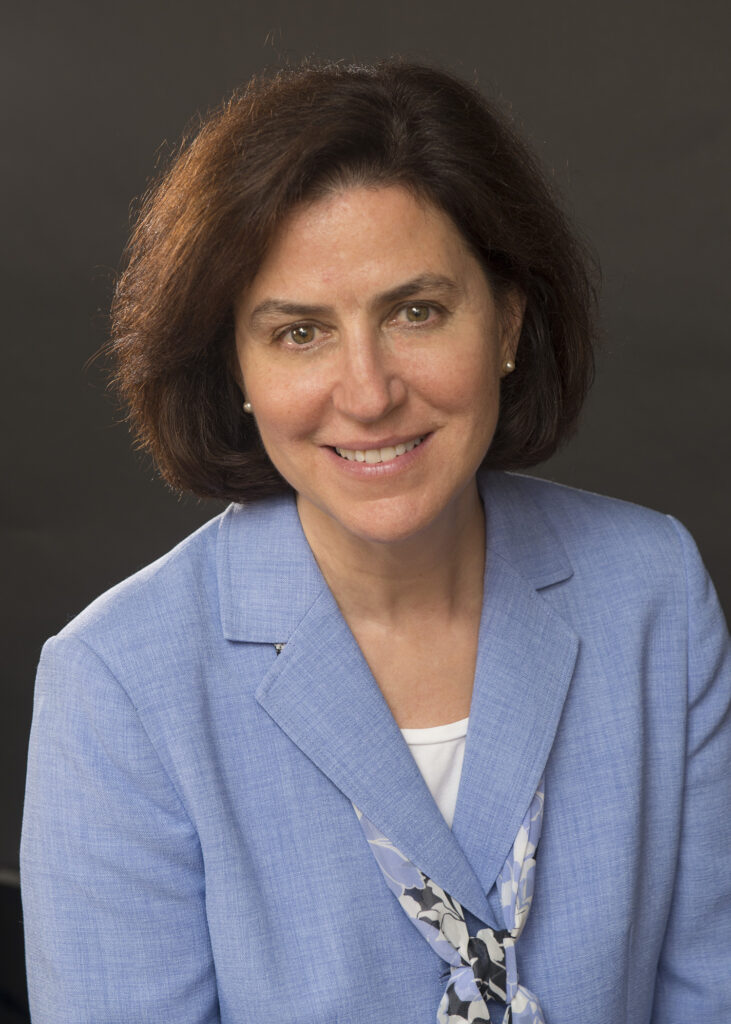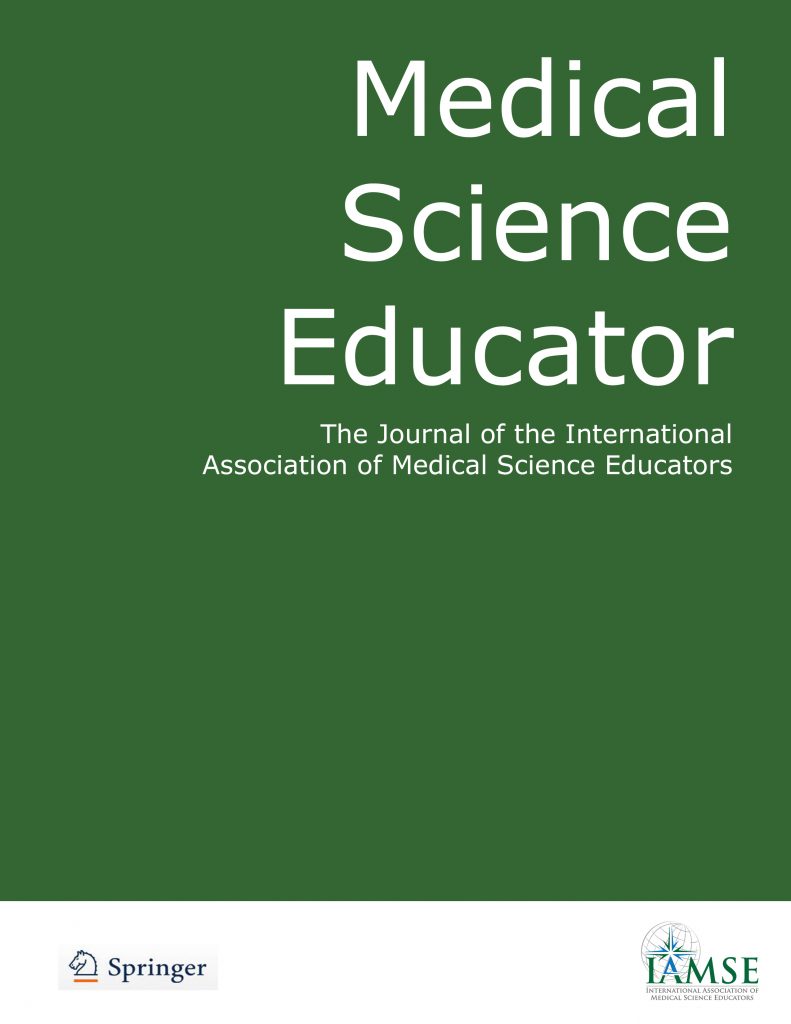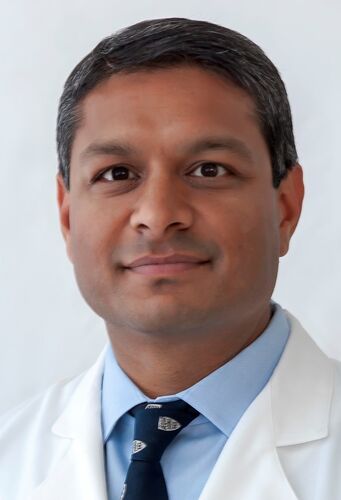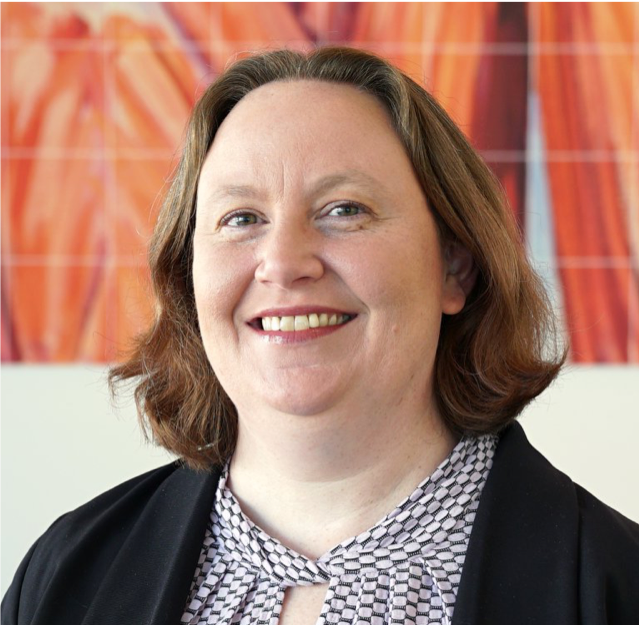By Inna Lindner, PhD
Associate Professor,
Adtalem Global Education

We are excited to welcome Dr. Inna Lindner, Associate Professor at Adtalem Global Education, who will present “Medical Education Readiness Program (MERP): Our Guided Approach to Foster Success in Medical School,” for the fifth and final week of the IAMSE 2025 Winter Webcast Audio Seminar Series titled “Tailored Education: Helping Every Student Across the Finish Line.”
Over the five sessions, we will cover the concepts of precision medical education and individualized support, from big-picture theories to innovative implementation, showing how adaptive and personalized learning environments can better meet diverse student needs.
Don’t miss this exciting opportunity to join the conversation on Helping Every Student Across the Finish Line!
The full IAMSE Winter 2025 WAS schedule is available on the website.
The remaining sessions are as follows:
Week 5 – Thursday, February 6, 2025, 12:00 PM EST
Medical Education Readiness Program (MERP): Our Guided Approach to Foster Success in Medical School, presented by Inna Lindner, of Adtalem Global Education
Below we look at the fifth week’s presentation:

Inna Lindner, PhD
Medical Education Readiness Program (MERP):
Our Guided Approach to Foster Success
in Medical School
Presenter: Inna Lindner, PhD, Associate Professor, Adtalem Global Education
Session Date & Time: February 6, 2025 at 12:00 PM EST
Session Description: This presentation will highlight the importance of a prematriculation program in preparing students for medical school. MERP helps bridge students’ knowledge gaps, provides support during the learning process and improves academic performance in medical school. Notably, our students often begin the program with varying levels of basic sciences knowledge and study skill proficiency. However, after 15 weeks of carefully planned curriculum and our guidance, they enter medical school with increased confidence and preparedness to succeed.
As always, IAMSE Student Members can register for the series for FREE!







